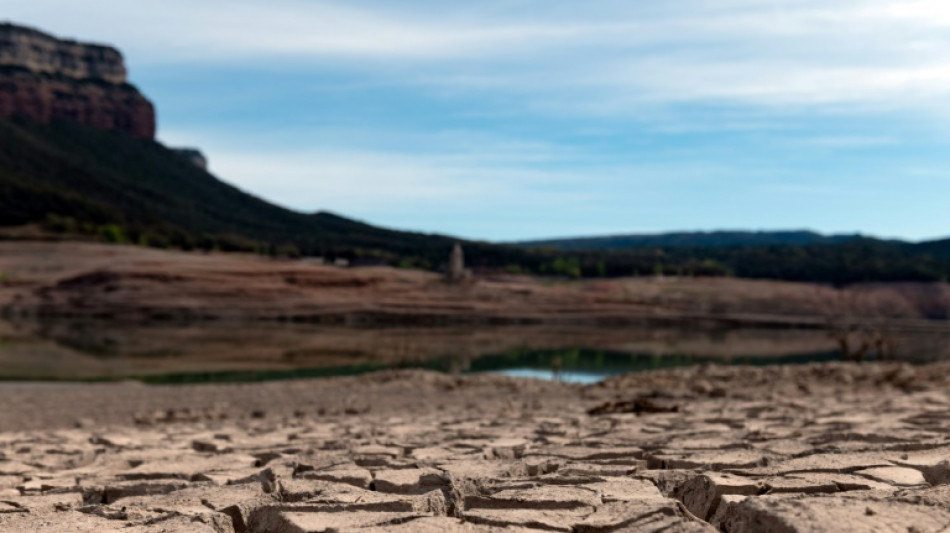Court mulls case against Spain govt over climate inaction / Photo: Josep Lago - AFP/File
Spain's Supreme Court on Tuesday began examining a case filed by Greenpeace and other environmental groups accusing the central government of insufficient action to tackle climate change, the court and NGOs said.
A spokeswoman confirmed the court had begun assessing the claim which was filed in September 2020 by Greenpeace, Spain's Ecologists in Action and Oxfam against "the government's failure" to act on its international commitments vis-a-vis climate change.
It is unclear when the court will deliver a ruling.
The claim was one of several legal initiatives filed by environmentalists in various European nations such as France, Germany and the Netherlands.
In the Netherlands, the courts forced the government in 2018 to reduce its greenhouse gas emissions, and three years later, the French courts denounced the French government for its failings in the fight against global warming.
The case is "the first climate case against the State in Spain's history", Greenpeace said in a statement.
It seeks to push the court to take a stand on the "climate emergency" and to follow the stance of "other Supreme Courts in Europe by obliging the State and its administrations to comply with its international commitments," it said.
Concretely, the NGOs want the court to compel the Spanish government to step up its climate action to be aligned with the objectives of the 2015 Paris Agreement by not exceeding the 1.5 degrees Celsius threshold for global warming.
"An affirmative ruling... will not only be a success in the legal battle against climate change but will also be a huge milestone in Spanish law regarding the public authorities' obligation to safeguard natural heritage and environmental standards," the NGOs' lawyer Jaime Doreste said in the statement.
The left-wing government of Prime Minister Pedro Sanchez declared a climate emergency in 2020 and a year later, passed a law to speed up the ecological transition and to achieve carbon neutrality by 2050, in what claims is compliance with EU objectives.
But Greenpeace and other environmental NGOs say the law does not go far enough to comply with the Paris Agreement.
C.Jaggi--BD
